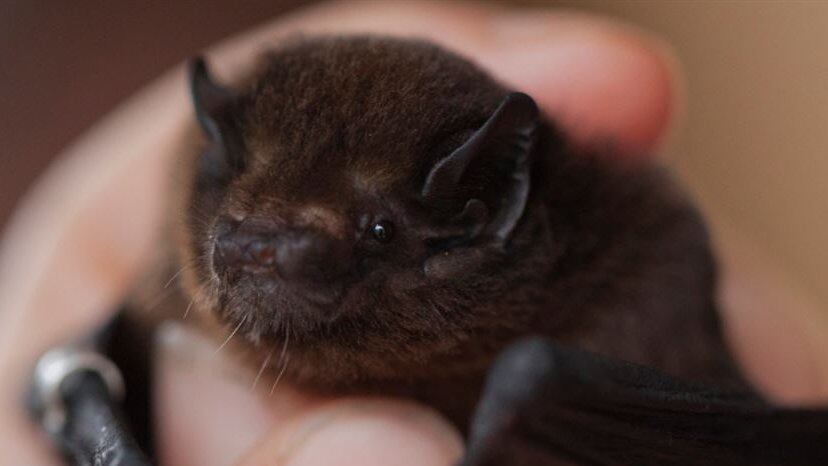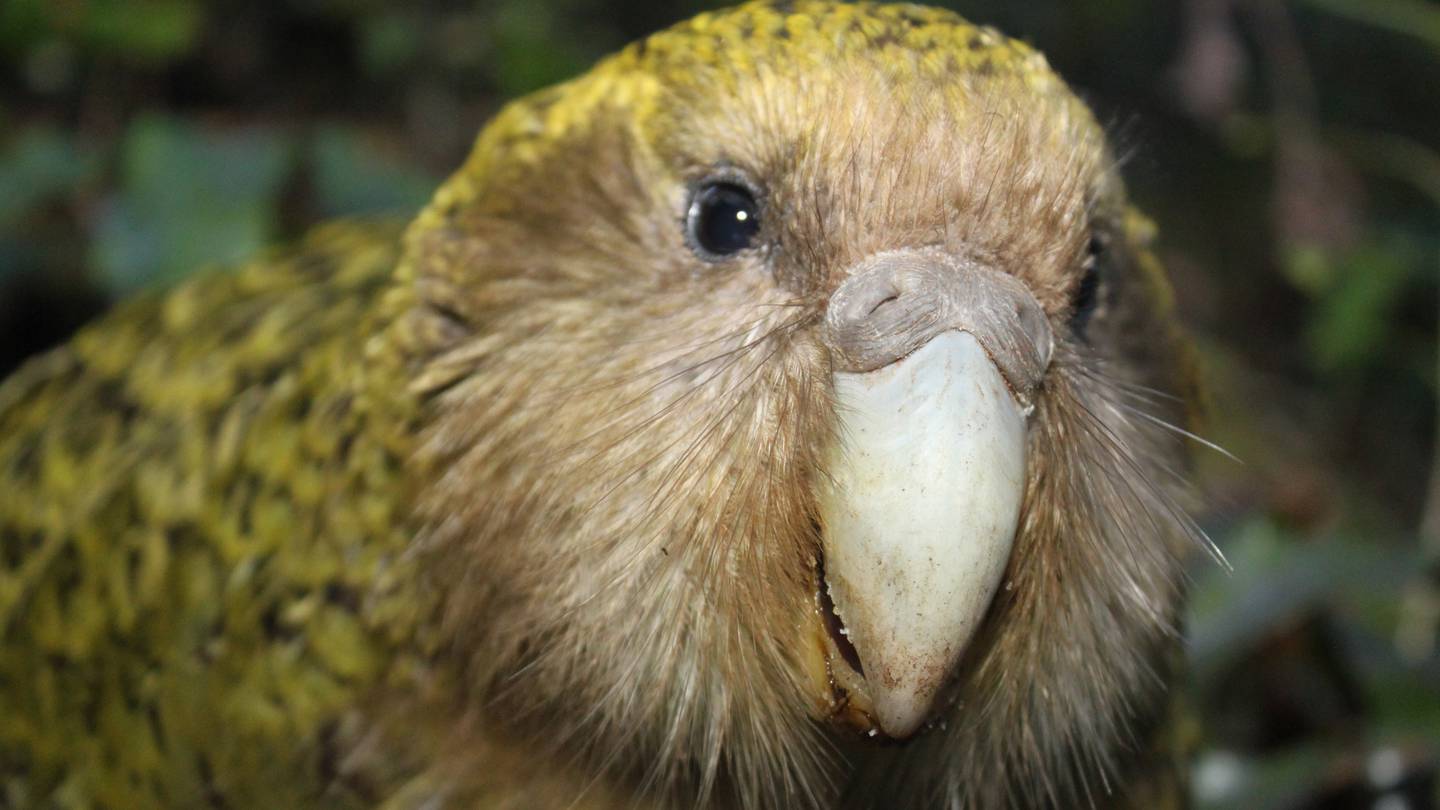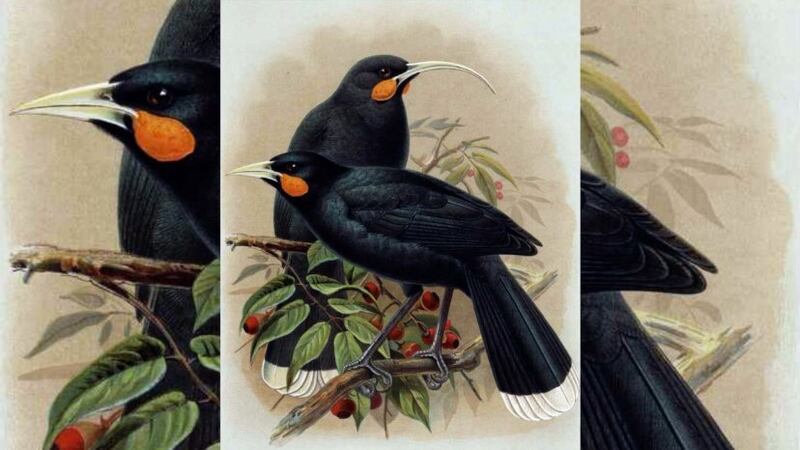An advocate of the Huia, a prized taonga notable for its black and white tail feathers has threatened legal action if the manu is not included in the 2022 Bird of the Year competition. Photo / Buller, Walter Lawry (1888), in A History of the Birds of New Zealand, Volume 1 (2nd ed.), London
Another controversial decision by convenors of the nation’s annual Bird of the Year competition, has this time seen the governing body threatened with legal action, to put a stop to voting.
Forest & Bird said on Wednesday it had received correspondence from an advocate of the Huia, who threatened legal action, should the extinct bird not be urgently included in the vote.
“It is time for New Zealanders to be given the opportunity to recognise the existential damage inflicted upon so many of our feathered friends as a result of our obsession with pasture and plantation,” the man wrote in a letter F&B shared on social media.
The complainant threatened to seek an injunction on competition voting until the bird was added.
The Huia, notable for its black and white tail feathers, striking song and uniquely curved bill, was last seen in 1907; it remains a taonga for mana whenua and was seen as tapu.
Wearing of its feathers was reserved for kaumātua.

Last year voters were in a flap after the pekapeka-tou-roa, or long-tailed bat landed first place, despite technically being a mammal, and not a bird. Photo / Department of Conservation
The population was decimated by pests introduced by Pākehā and the ensuing habitat loss, as well as to a lesser extent, hunting, according to ornithologists.
The complainant says while politicians are currently advocating for the protection of pastural farming from carbon emission taxes, Bird of the Year should be used to “mourn this sad and desolate loss” of wildlife he asserts is caused by farming.
“There is currently in circulation the insane assertion that New Zealand is the most efficient producer of beef in the world and that we should intensify production to prevent less efficient nations from taking up any shortfall,” he wrote.
The latest controversy comes just days after Forest & Bird ruffled feathers of Manu enthusiasts by banning the Kākāpō from the 2022 competition, because they saw the animal as simply too popular, having already won twice.
Last year the charity was slammed for crowning the pekapeka-tou-roa, or long-tailed bat, Bird of the Year, despite it actually being a mammal.

Too cool to compete? Forest & Bird have banned the Kākāpō parrot from entry in this year's Bird of the Year in a decision slammed as 'woke' 'cancel culture' by enthusiasts. Photo / Department of Conservation
The complainant says if Forest & Bird is truly eager to shine a light on species endangered by human activity, the Huia is an ideal candidate, even as a posthumous entrant.
“We need to be urgently reminded of what we have already lost, if we are to minimise further loss,” he wrote.
A spokesperson for Forest & Bird, Ellen Rykers, conceded the competition had a tendency for impassioned, albeit flighty advocates for their feathered friends but there was no plan to introduce extinct species in this year’s competition.
“This year, we have gone with the ‘under-birds’ but maybe we’ll look at it in future years,” Rykers said.
The Guardian reports some 50 manu have become extinct since humans arrived in Aotearoa.
“Highlighting what we’ve lost and connecting it to the fact that about 80% of our native bird species are threatened, or at risk of extinction, could be an interesting thing,” Rykers said.
The organisation was yet to hear from the complainant’s lawyers, she said.


